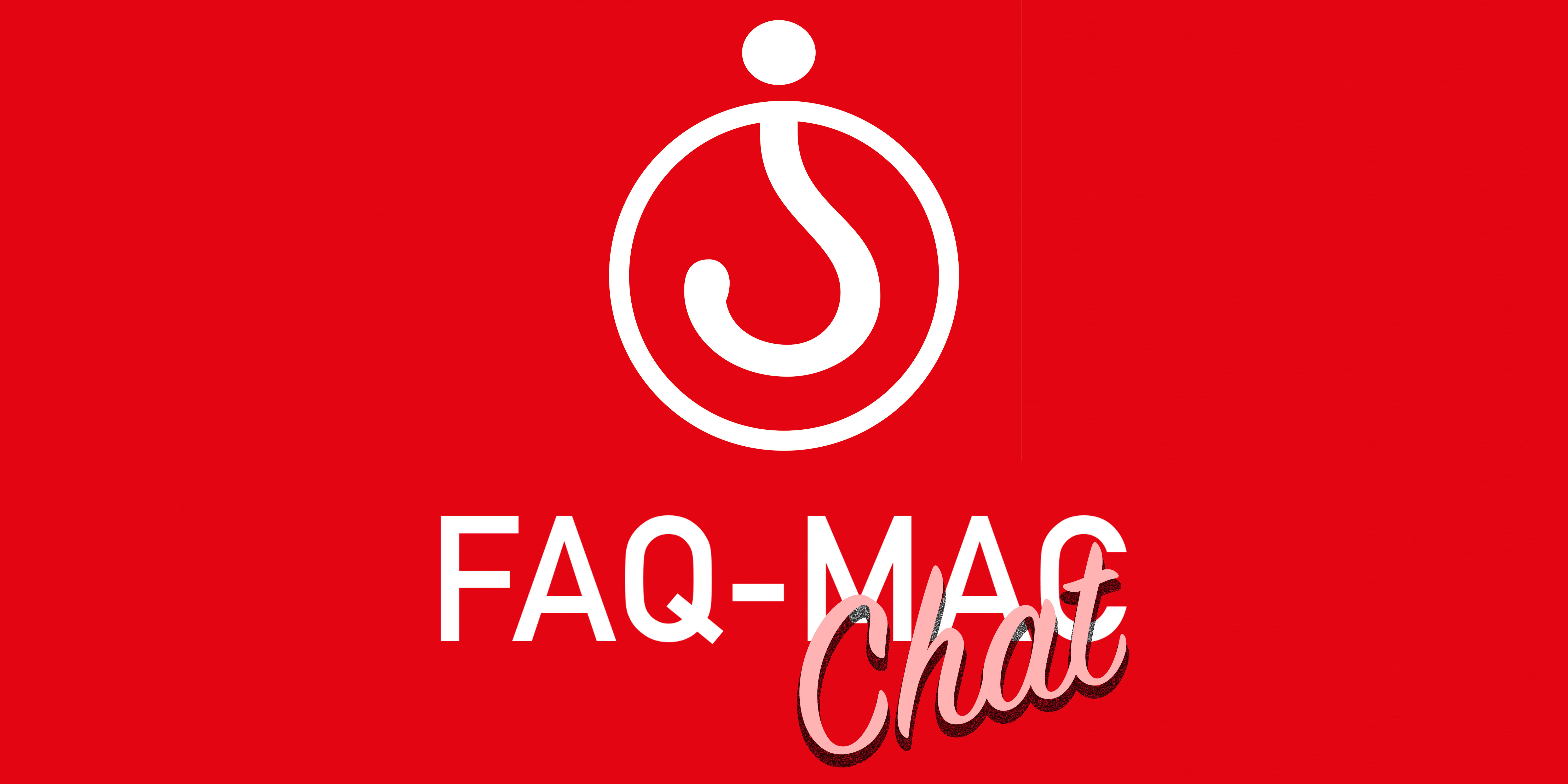
245.4K
Downloads
331
Episodes
Cita semanal donde se comenta la actualidad tecnológica y del mundo Apple, con opinión, noticias y diferentes invitados que aportan puntos de vista originales para mentes con actitud crítica.
Cita semanal donde se comenta la actualidad tecnológica y del mundo Apple, con opinión, noticias y diferentes invitados que aportan puntos de vista originales para mentes con actitud crítica.
Episodes
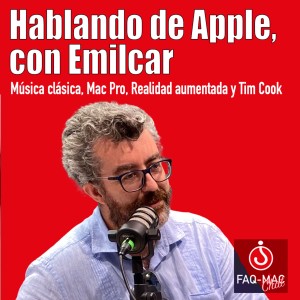
Friday Oct 14, 2022
Hablando de Apple, con Emilcar
Friday Oct 14, 2022
Friday Oct 14, 2022
Hoy vuelve para hablar con nosotros Emilcar, y con él repasaremos la actualidad de Apple, como la aún no lanzada app de Música clásica, el nonato Mac Pro M2, las inexistentes gafas de Apple, el posible retiro de Tim Cook, el papel de la realidad aumentada y, por supuesto, el libro de Emilio Cano "Podcasting, así lo hago yo y así lo puedes hacer tu", que puedes comprar en Amazon, en Casa del Libro, en Fnac o, para apoyar a las librerías locales, en la que tengas más cerca, puesto que lo publica Anaya y n o tendrán problema en conseguirlo si se lo pides. El precio es de 21,80€ en copia física y aproximadamente el 50% menos en copia digital.
Si quieres aprender a hacer podcasts como los mejores, no dudes en comprarlo.

Thursday Oct 06, 2022
Auge y caída de Vallès Tecnologic
Thursday Oct 06, 2022
Thursday Oct 06, 2022
He tardado siete meses en publicar esta entrevista, primero porque escuchar la historia de Xavi Sitja me encoge el corazón, y me he resistido todo lo posible a editarla, porque eso suponía volver a revivirla.
Pero también (sobre todo) porque sé que a Xavi le duele aún más recordar su pasado, y siente un pudor natural en contarlo para que todo el mundo lo conozca.
De hecho, después de grabarlo tardó más de un mes en darme el ok (más bien diría en "consentir" en que lo publicara, porque sé que lo hizo a regañadientes).
Por favor, acompáñame en este viaje a través de una parte de la historia de Apple (y de España) vista desde los ojos de aquellos que estuvieron en el frente.
Espero que, como a mi, no te deje indiferente.
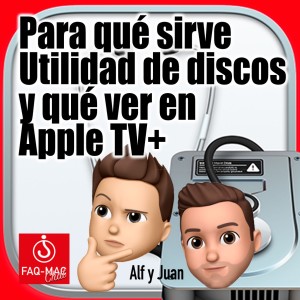
Sunday Oct 02, 2022
Para qué sirve la Utilidad de discos y qué ver en Apple TV+
Sunday Oct 02, 2022
Sunday Oct 02, 2022
Juan y Alf se reúnen una semana más para hablar de cuándo y para qué usar la Utilidad de discos, recomendaciones de series en Apple TV+ y hacer un poco de bruja Lola sobre lo que queda del año...
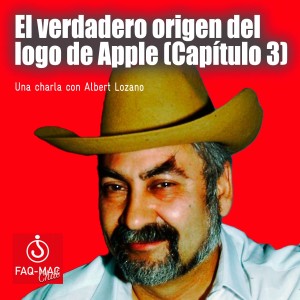
Friday Sep 30, 2022
Friday Sep 30, 2022
Hoy vuelve a hablar con nosotros Albert Lozano para seguir contándonos los mil y un eventos tecnológicos en los que ha participado.
Hoy nos ocupamos de cómo conoció a Steve Jobs, Steve Wozniak y Mike Markkula, los primeros socios de la naciente Apple, y como les compró un ordenador Apple cuando todavía no eran nadie.
Además nos cuenta el origen (verdadero) del logotipo de Apple según se lo contó el propio Mike Markkula. El papel del diseñador Ron Janoff llegó después.
Como dicen filósofos y criminólogos, la verdad normalmente es la explicación más sencilla. Pues en este caso también.
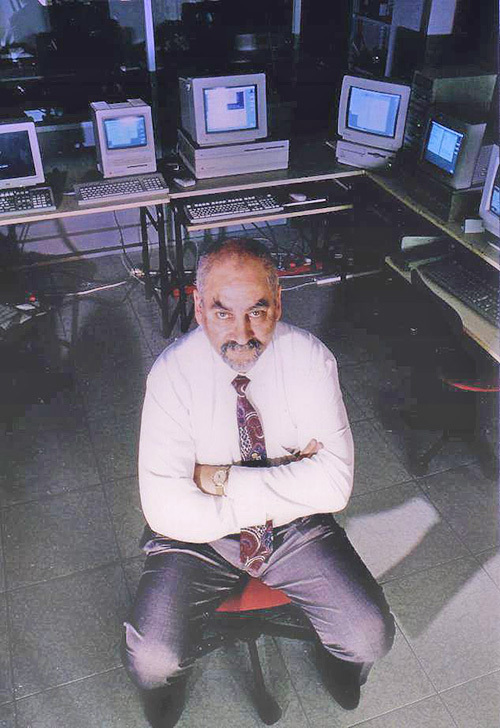
También hablamos del método utilizado por Albert Lozano para sacar de apuros económicos a La Cartuja de Zaragoza, montando un canal de venta de periféricos y accesorios para los Mac de aquella época.
Un nuevo y apasionante viaje a la memoria de los inicios tecnológicos en España, de la mano (de la voz) de uno de los pioneros.

Friday Sep 23, 2022
iOS 16: Primeras impresiones
Friday Sep 23, 2022
Friday Sep 23, 2022
Juan Agrelo y Alf se reúnen para comentar lo que más les ha gustado de iOS 16 después de los primeros días de uso...
Compartir es amar.
Si te ha gustado este episodio y quieres aportar tu opinión puedes hacerlo en la web www.faq-mac.com o en las redes sociales

Thursday Sep 22, 2022
La UE multa a Google ¿salvavidas para Apple?
Thursday Sep 22, 2022
Thursday Sep 22, 2022
Hoy viene a hablar con nosotros Victor Salgado (@abonauta), para explicar las implicaciones y el alcance de la reciente multa de la Unión Europea a Google por abusar de su posición para obligar a los fabricantes de teléfonos móviles que quisieran instalar Android a incluir también (obligatoriamente) su buscador, su Play Store, etc.
Aunque -evidentemente- para quien más repercusiones tiene es para Google (que tendrá que pagar) -aunque ya ha confirmado que la recurrirá, que en una sentencia tan abultada se reconozca que Android es el sistema operativo dominante puede favorecer -de carambola- al contencioso que la UE mantiene contra Apple por la Apple Store y la (aparente) falta de competencia.
Además, diversos países han preguntado a Apple que qué pasa con sus medidas contra la pornografia infantil... después de la que se lió porque querían implantarla. Así que -de repente- Apple está apareciendo como el refugio de todos los pederastas porque no ha implantado ninguna medida porque afecta a la privacidad. ¿Paradójico, verdad?
De todo esto y mucho más, hablamos con Víctor.
Compartir es amar, así que te agradecemos que compartas y comentes este episodio con cuanta más gente mejor :-)

Thursday Sep 15, 2022
El retorno del diseño en Apple
Thursday Sep 15, 2022
Thursday Sep 15, 2022
Alf y Juan repasan los productos presentados en el evento Far Out, si merecen la pena y, sobre todo, la aparición estelar del diseño en Apple, con la Dynamic Island (isla dinámica) y el interfaz de conexión satelital para llamadas de emergencia.
Además nos metemos /bueno, Alf/ un poco con Jony Ive, con la gente que se queja de que los productos no aportan innovaciones estratosféricas y posiblemente con más gente que ahora no nos viene a la cabeza.
Pero es lo que hay :-)

Wednesday Sep 07, 2022
Lo mejor del evento Far Out de Apple
Wednesday Sep 07, 2022
Wednesday Sep 07, 2022
Juan y Alf se reúnen apenas acabada la keynote de Apple en la que se han presentado los nuevos Apple Watch, incluido el Apple Watch Ultra, los nuevos AirPods Pro de segunda generación y la nueva familia del iPhone, que ahora está integrada por el iPhone 14, el iPhone 14 Plus, el iPhone 14 Pro y el iPhone 14 Pro Max. El iPhone SE no se ha actualizado.
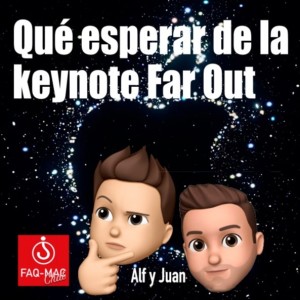
Friday Sep 02, 2022
Qué esperar de la keynote Far Out
Friday Sep 02, 2022
Friday Sep 02, 2022
Alf y Juan se reúnen para hablar sobre lo que esperamos que se presente en la inminente keynote Far Out, junto con los detalles del evento y lo que nos parece que quedará para próximas keynotes.
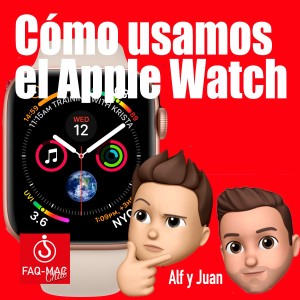
Tuesday Aug 23, 2022
Cómo usamos el Apple Watch
Tuesday Aug 23, 2022
Tuesday Aug 23, 2022
Juan y Alf se reúnen (a pesar de la distancia vacacional) para contrastar impresiones sobre cómo usan sus respectivos Apple Watch, lo que más les gusta, lo que menos y repasamos algunas funciones que pueden ser menos conocidas.
Un episodio eminentemente práctico en el que no puede faltar una mención al animador del verano: Elon Musk.
Y tu, ¿cómo usas el Apple Watch? Comparte tus trucos, filias y fobias.
